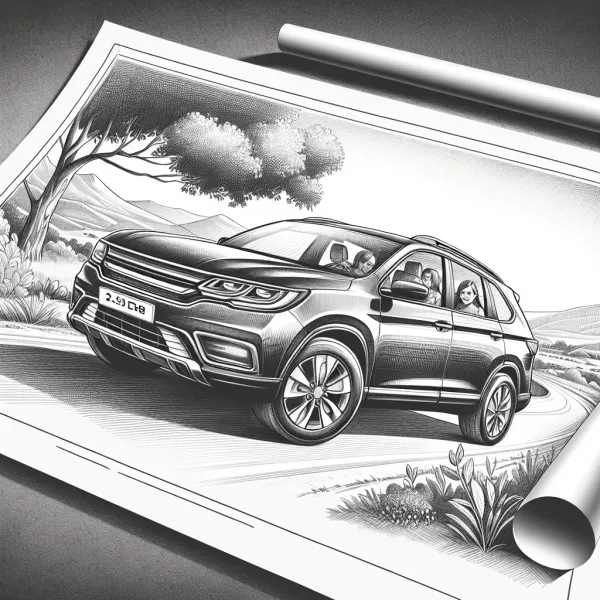Hyundai Tucson 2.5L: A Mechanic's Unfiltered Review for Mountain Drivers
Hyundai Tucson 2.5L: A Mechanic's Unfiltered Review for Mountain Drivers
Let's cut the crap. You're thinking about a Hyundai Tucson 2.5L, maybe for those mountain adventures. Good choice? Maybe. Let's dig in. I'm a mechanic, not a salesman, so I'll give you the straight dope.
Who's This For?
The Tucson 2.5L is a decent everyday SUV. It's good for families, commuters, and people who want something reasonably priced and relatively reliable. However, if you are planning on serious off-roading, there are better options.
Real-World Fuel Consumption
Forget the manufacturer's claims. In the real world, expect 20-25 mpg combined, depending on your driving habits and terrain. Mountain driving? Plan on closer to 18 mpg. That 2.5L engine isn't exactly a fuel miser, especially when hauling weight or tackling steep inclines.
Common Problems (From a Mechanic's Perspective)
Here's where things get interesting. I've seen these issues pop up more than once:
- Transmission Issues: Some early models of the newer Tucson 2.5Ls have had minor transmission quirks. Nothing catastrophic, but enough to annoy. Regular fluid changes are crucial.
- Suspension Components: If you're driving in the mountains, expect to replace suspension components sooner than later. Potholes and rough roads are suspension's worst enemy. And mountains are full of both.
- Brakes: Brakes wear down faster in mountainous areas due to frequent braking. Budget for more frequent brake pad replacements.
- Electrical Gremlins: Hyundai's electronics aren't always the most robust. I've seen some weird electrical glitches pop up.
Maintenance Costs
Oil changes are around $50-$80. Brake jobs are $300-$600, depending on parts. Tire replacements are $500-$1000, depending on the type of tires. Expect to pay more for premium tires if you are frequently driving in the mountains.
Hidden Costs
Specialized tools? Not usually needed for standard maintenance. However, if you're tackling more complex repairs yourself, be prepared to invest in some specialized Hyundai tools. Also, use the correct oil type, as specified in your owner's manual. Using the wrong oil can void your warranty and damage your engine.
Overall Reliability
The Hyundai Tucson 2.5L is not a bad car. It's in the middle of the pack when it comes to reliability. But it's not a rock-solid, bulletproof machine. Regular maintenance is key.
Total Cost of Ownership
This is tough to pin down, but expect a significant cost over five years. Factor in fuel, maintenance, repairs (expect some), insurance, and taxes. It's not a cheap car to own, especially if you're regularly driving in challenging mountain terrain.
Resale Value
Hyundai's hold their value reasonably well, especially the newer models. However, the resale value depends on the condition of the car and the market. A well-maintained Tucson should retain a decent chunk of its initial value.
Tips for Prospective Buyers
- Thorough Inspection: Before you buy a used Tucson 2.5L, get a pre-purchase inspection from a trusted mechanic (that's me!).
- Check the Maintenance Records: Make sure all scheduled maintenance has been done.
- Test Drive on Challenging Terrain: If you plan on driving in the mountains, test drive the car on similar roads.
- Beware of Scams: Don't fall for too-good-to-be-true deals.
Alternatives
If you're looking for something more rugged for mountain driving, consider a Subaru Forester or a Toyota RAV4. Both are known for their reliability and all-wheel-drive capabilities.
Conclusion
The Hyundai Tucson 2.5L is a decent SUV, but it's not perfect. It's an okay choice for everyday driving, but if you live in the mountains and demand more reliability and ruggedness, explore other options. Regular maintenance is key to keeping this vehicle running smoothly.
